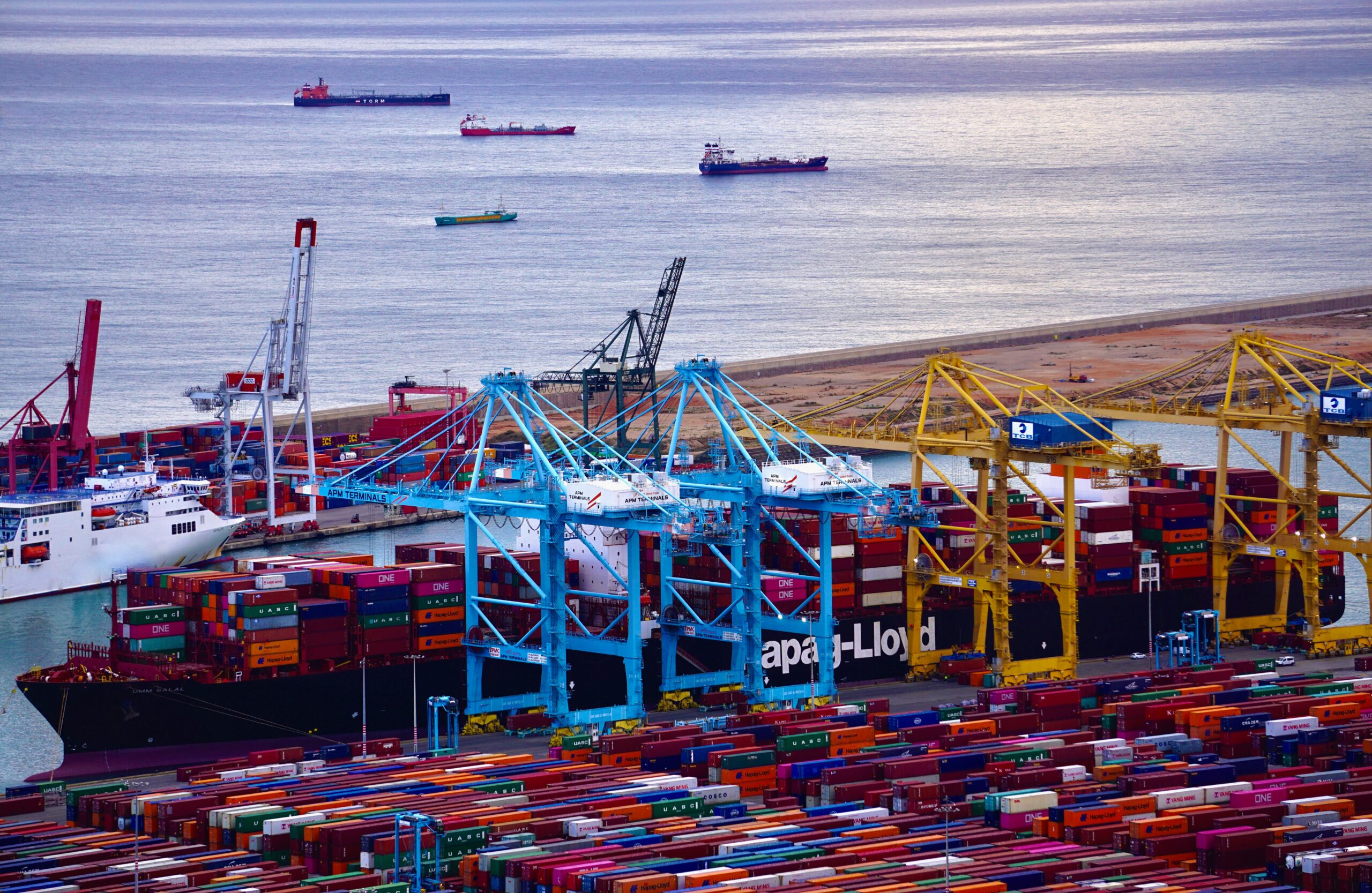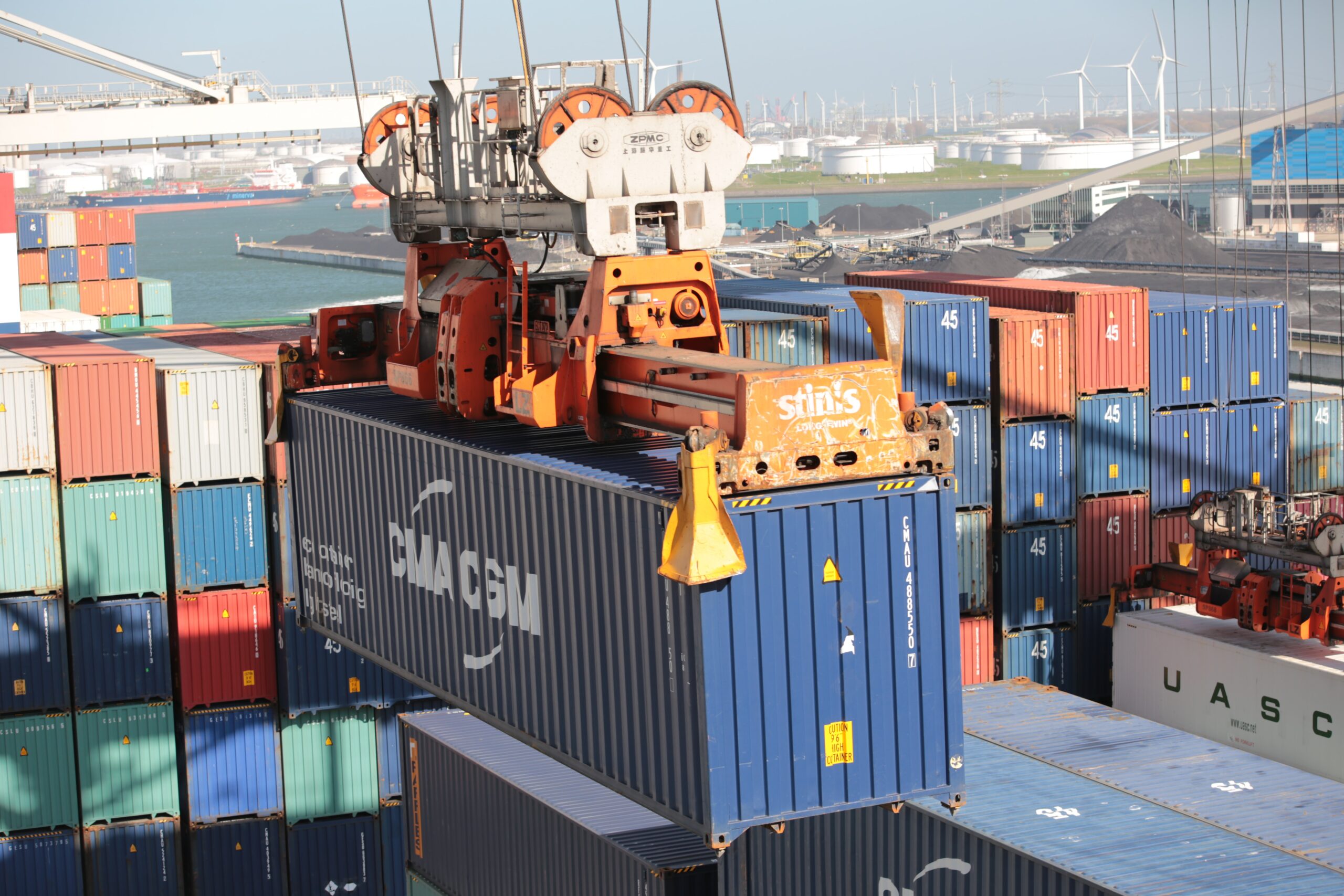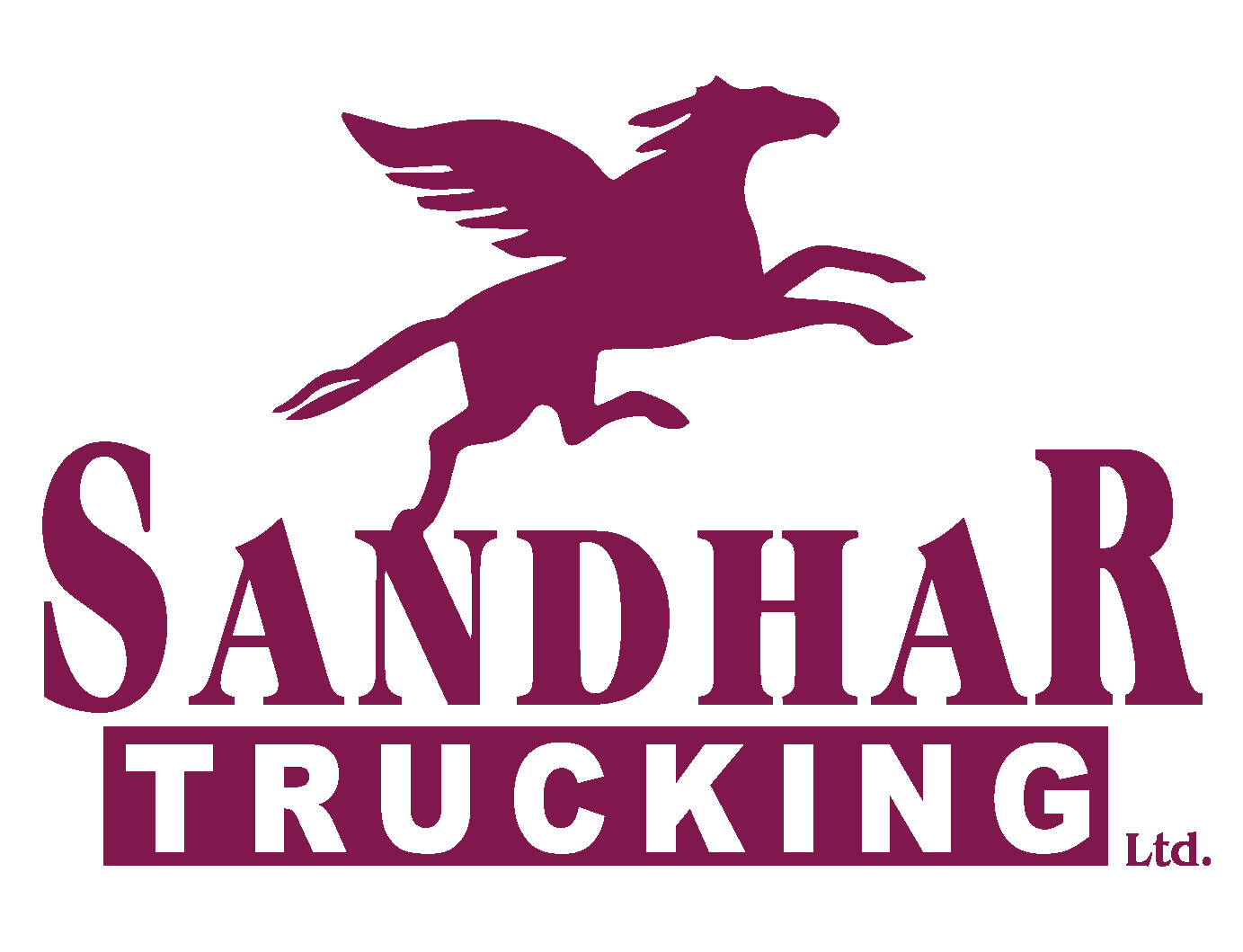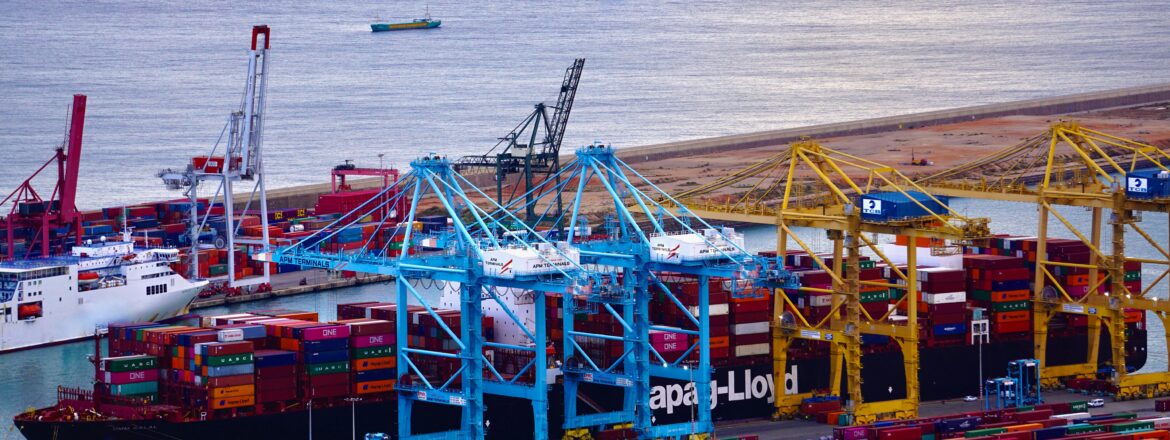Understanding Shipping Restrictions to Canada

Imports play a significant role in Canada’s economy and many businesses rely heavily on the smooth flow of inventory and materials into our country. But before you begin the process of sourcing, paying for, and shipping over your goods, doing your due diligence in reviewing and thoroughly understanding Canada’s shipping restrictions will save you time, money, and a whole lot of heartache.
Imports Play a Major Role in Canada’s Trade
The game of importing has definitely changed since the beginning of the pandemic. From the initial decrease in goods produced overseas to a slowdown in the movement of cargo as everyone revamped their processes, ports and logistic partners thought they had finally figured things out until the Suez Canal blockage became the next curveball. However, even with all these challenges, Canada continues to bring in substantial import numbers. The total import of goods in November 2022 was $64.4 billion whereas the total exports was $14.1 billion.
What Items are Illegal to Enter Canada?
Whether you’re a new company owner or a seasoned expert looking to expand your business, staying up to date with Canada’s many shipping restrictions and regulations is vital. There is a list of prohibited goods that can’t enter Canada’s borders and business owners must fully understand and know whether their goods are on the current list when importing.
The Canada Border Services Agency (CBSA) reserves the right to seize and destroy all prohibited items. Hence, staying on top of any regulation changes will help owners avoid costly delays and revenue loss.
Items that are deemed illegal to enter Canada include:
- • Live animals
- • Goods manufactured in prison
- • Explosives
- • Animal furs
- • Currency
- • Items that misrepresent their country of origin
- • Firearms, weapons, or ammunition
- • Goods consisting of hate speech or sedition
- • White phosphorous matches
- • Counterfeit goods
- • Obscene or pornographic material
What Items have Restrictions When Entering Canada?
Canada also has a list of restricted items that require approval before they can be cleared to enter Canada. In addition to meeting transporter requirements, federal, regional, and local laws must also be adhered to. Due to the effects on the economy and possible impact on the well-being of Canadians and the environment, strict controls are put in place including limiting entry ports and routes and requiring specific labeling practices.
Some items that are restricted for import into Canada include:
- • Alcoholic beverages
- • Tobacco products
- • Flowers
- • Lithium batteries
- • Perishable goods
- • Plants
- • Pharmaceuticals

In order to ship restricted products into Canada, your business must first obtain proper licenses, permits, and certificates beforehand. In addition, understanding which specific items require additional documents as well as the timing of submission is equally as important. Visit CBSA’s guide to importing commercial goods to learn more.
With over 30 years of experience as one of the only trucking companies in Vancouver, BC that services all major ports/rails and operates a bonded warehouse, our knowledgeable team strives not only to provide exceptional service but to help our customers navigate logistical challenges and boost their bottom line.
We are here to provide comprehensive solutions for all your transportation and warehousing needs including LTL and FTL trucking servers across Canada including BC, Alberta, Ontario, and Quebec. Contact us at (604)-276-9044 or info@sandhartrucking.com to learn more.

